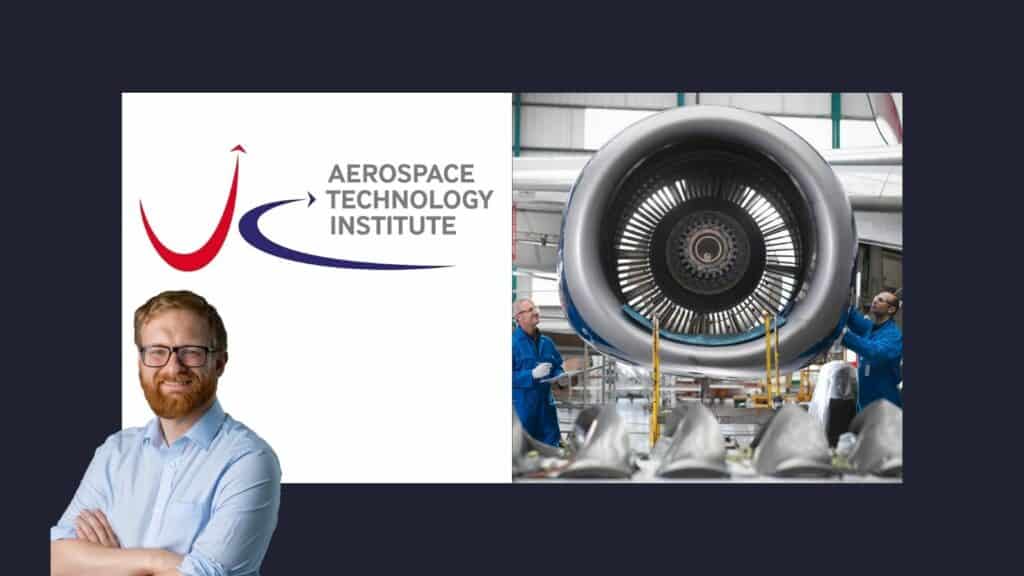Dr David Cunnah, National Officer for Wales with the Institute of Physics, on the importance of Wales’ scientific history
The science-shaped gap in Wales’ cultural perception
19 Apr 2016
On 24th September 1896 in Saundersfoot, South Wales, Bill Frost made the first powered human flight. He beat the Wright brothers to it by an astonishing 7 years. That is, if you believe the locals.
The story goes that Frost flew his device 500 metres before catching on a tree and crashing in a field. A storm shortly afterward destroyed what remained of the plane. Frost did not have the financial clout to rebuild his device, and even let a patent he held on it lapse. No photographic evidence or independent verification of the feat was ever produced and Frost died poor, blind and obscure in 1935.
I reflect on that somewhat melancholy story because it seems to me that Wales’ relationship with science and discovery has always been a rather obscure one. The subject has always existed on the sidelines of the public consciousness, not perceived as a part of the fabric of Wales.
A number of recent reports on education in Wales have resulted in a reform of the Welsh curriculum, which is now well underway. A primary aim of this reform has been to bring elements of Welsh culture into each subject area. This is a laudable goal, and it will be interesting to see how it plays out as educators and government construct the new curriculum. One of the more interesting aspects I see is that nowhere in these discussions has it been suggested that science itself is an essential part of Welsh culture.
It saddens me that a nation which has produced the likes of Frances Hoggan, Alfred Wallace and Lyn Evans fails to equate science with its own identity. Wales’ modern state has been profoundly affected by the proliferation of the coal and steel industry over the past 200 years. More recently a nascent high tech and bioscience industry has sprung up in clusters (often drawn in by Welsh Government initiatives). Just a few months ago the scientific world celebrated the detection of gravitational waves, a monumental development made possible by Welsh researchers. As a nation which houses The Intellectual Property Office one would think that we would at least embrace invention and innovation, but alas even this does not seem to be part of the concept of ‘Welshness’ as defined in 2016.
Poetry, song, religion, sport and art are all perceived as quintessentially Welsh, but I hope that future administrations in Wales recognise that science has been just as critical to the historical success of our nation, and that the Wales of the future will stand or fall on our ability to produce people with the skills to feed the emerging high tech sectors on which our economy will increasingly rely. Who knows, perhaps one of those people will go on to make as historic a contribution as poor old Bill Frost (but hopefully they will remember to record it).
You can find out more about the Institute of Physics Welsh election briefing here.
Related articles

Dr Christoph Hartmann is Medical Director, MSD in the UK, a CaSE member. In this piece he sets out he would like to see form the new government to support UK life sciences and innovation.

Will Lord is Head of Government Relations at the Aerospace Technology Institute (ATI). In this piece, he sets out the strengths and successes of the UK aerospace sector, as well as the advantages of business-government collaboration.

Joseph Ewing is Head of Policy and Public Affairs at LifeArc, the sponsors of CaSE’s work looking at the needs of business R&D in the UK. In this piece he sets out why the project is needed, and why we should all care about business investment in R&D.

Tamsin Mann, Director of Policy & Communications at PraxisAuril, on the importance of understanding and unlocking the full potential of knowledge exchange.